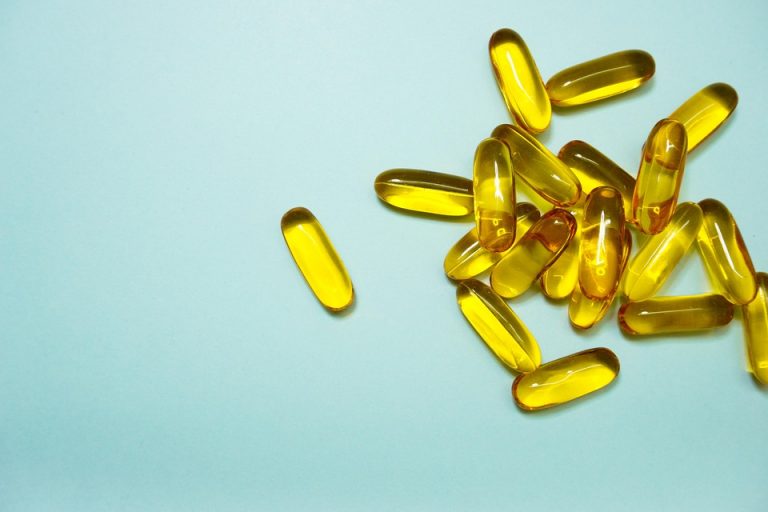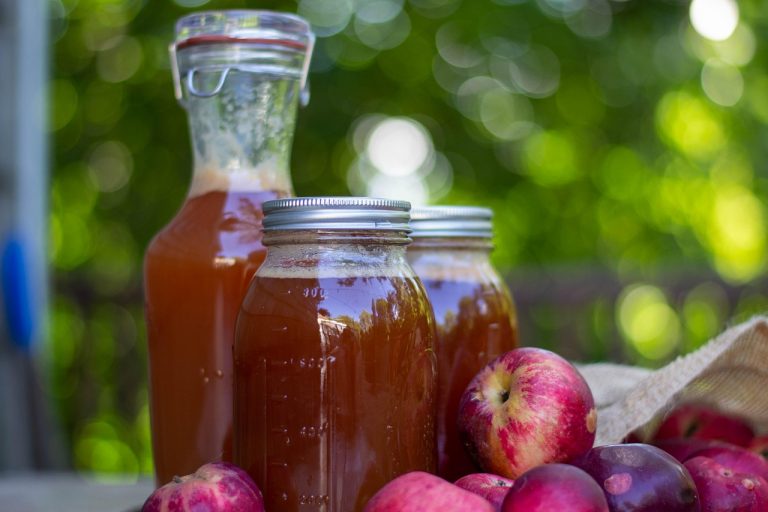Contents
5 Ways Onion for Muscle Stiffness Can Revolutionize Recovery
Midday aches and stiffness tend to creep in when you least expect them. Those long hours at a desk or intense workouts can leave muscles feeling like they’ve been put through the wringer. While traditional methods of recovery—like stretching or protein shakes—are commonly recommended, there’s some surprising research that suggests something as simple as an onion might also play an essential role in your recovery efforts. Let’s explore how onions can help combat muscle stiffness and improve recovery.
1. The Anti-Inflammatory Power of Onions
One of the standout benefits of onions is their anti-inflammatory properties, which can be especially helpful for muscle recovery. Onions contain quercetin, a flavonoid known for its antioxidant effects. Research has shown that quercetin may help reduce inflammation in the body, potentially easing muscle stiffness after exercise.
A study published in the Journal of the International Society of Sports Nutrition in 2016 found that quercetin could enhance recovery following strenuous exercise and may even improve endurance in athletes (Hoover et al., 2016). This means that incorporating onions into your post-workout meals may assist in quicker recovery and reduced muscle soreness.
However, it’s worth noting that while onions can contribute to overall anti-inflammatory effects, they shouldn’t replace other proven recovery methods. They are complementary, not substitutes.
2. Hydration and Electrolyte Balance with Onions
Another way onions can support muscle recovery is through their hydration benefits. Onions are made up of about 90% water. Consuming water-rich foods can aid in hydration, which is crucial for muscle function and recovery. Proper hydration helps transport nutrients to your muscles and aids in the elimination of waste products that can lead to stiffness.
Moreover, onions contain potassium, an essential electrolyte that helps regulate bodily functions, including muscle contractions (Wang et al., 2019). A deficiency in potassium may lead to muscle cramps and stiffness, making onions an excellent food choice to keep electrolyte levels balanced.
That said, while onions can help with hydration, they should be part of a diverse diet that includes plenty of fluids to maintain optimal hydration levels.
3. Onions and Nutrient Absorption
Muscle recovery is not just about what you eat post-workout; it’s also about how well your body can absorb the nutrients in your diet. Onions may enhance the absorption of certain nutrients due to their high content of prebiotics. Prebiotics serve as food for probiotics, the beneficial bacteria in your gut that aid in digestion and nutrient uptake.
A study conducted by Roberfroid in 2007 highlights how prebiotics can improve mineral absorption—especially calcium, which plays a critical role in muscle contraction and recovery (Roberfroid, 2007). Including onions in your meals can promote a healthier gut environment, potentially leading to better absorption of key nutrients required for muscle repair.
Nonetheless, reliance solely on onions for improved nutrient absorption may not be effective. Pairing onions with other prebiotic and probiotic-rich foods would create a more balanced approach.
4. Antioxidant Effects of Onions
When muscles are stressed—such as during intense workouts—they often experience oxidative stress. This imbalance between free radicals and antioxidants can cause muscle fatigue and stiffness. Onions are rich in antioxidants, including flavonoids and phenolic compounds, which may help combat oxidative stress in the body.
Research has indicated that consuming foods high in antioxidative compounds like those found in onions can support muscle recovery and overall health. A study published in Advances in Nutrition showcased the benefits of dietary antioxidants in reducing muscle damage post-exercise (Peacock et al., 2020).
While including onions in your diet may provide antioxidative benefits, it’s essential to consume a variety of fruits and vegetables to maximize your intake of these valuable compounds.
5. Flavorful Twists on Recovery Meals
Using onions creatively in your meals can also enhance your culinary experience post-workout. Whether caramelizing onions for a burger or blending them into a smoothie, they can elevate the flavor of your dishes without adding excess calories or unhealthy ingredients. Enjoying your recovery meals can make the process more satisfying and enjoyable, potentially encouraging consistent healthy eating habits.
Consider trying roasted onions with sweet potatoes to enjoy the combined benefits of complex carbohydrates and the nutrients from onions. However, remember that while delicious, the flavor enhancement is secondary to the nutritional benefits.
FAQ Section
Q: How can I include onions in my diet for muscle recovery?
A: You can add onions to salads, soups, stir-fries, or enjoy them grilled. Try to eat them raw to retain more nutrients or roast them for a delicious flavor.
Q: Are there any side effects associated with eating onions?
A: Some people may experience digestive discomfort or heartburn from onions, especially when consumed raw. Start with small amounts and see how your body reacts.
Q: Is there a specific type of onion that provides more benefits?
A: Red onions tend to have higher levels of quercetin and antioxidants compared to yellow and white onions. Including a variety of onions in your diet can provide balanced benefits.
Q: How long does it take for onions to show benefits in recovery?
A: The benefits of onions can accumulate over time. Regular inclusion in your diet can help improve overall muscle recovery, but immediate effects may vary depending on individual circumstances.
Conclusion
While onions might not be the first recovery food that comes to mind, their unique benefits can be a game-changer for reducing muscle stiffness and enhancing recovery. From their anti-inflammatory properties to aiding in hydration and nutrient absorption, onions offer a multifaceted approach to muscle recovery that can complement traditional methods.
Instead of seeing onions as just another kitchen staple, consider them a valuable ally in your recovery toolkit. As you navigate your journey through fitness and wellness, remember that every small addition to your diet can contribute to a more effective recovery process. Enjoy the flavors, embrace the health benefits, and let onions play their part in supporting your active lifestyle.
References
-
Hoover, M., Thomas, N., & Andrews, S. (2016). Quercetin supplementation and recovery from exercise-induced muscle damage: A systematic review. Journal of the International Society of Sports Nutrition. URL: https://jissn.biomedcentral.com/articles/10.1186/s12970-016-0150-4
-
Wang, Y., Wang, H. W., & Sun, Y. (2019). Potassium and muscle cramps: A physiological perspective. Journal of Nutrition and Health Sciences, 6(2). URL: https://www.longdom.org/abstract/potassium-and-muscle-cramps-a-physiological-perspective-23841.html
-
Roberfroid, M. (2007). Prebiotic effects: Clinical implications. British Journal of Nutrition, 90(S1), S1-S12. URL: https://www.cambridge.org/core/journals/british-journal-of-nutrition/article/prebiotic-effects-clinical-implications/17A9308A8F8EB4DFBABA09B659EED7A7
-
Peacock, A. M., Heffernan, K. M., & Rowland, T. W. (2020). The role of dietary antioxidant vitamins in muscle recovery. Advances in Nutrition, 11(1), 22-34. URL: https://academic.oup.com/advances/article/11/1/22/5551482
Get Your FREE Natural Health Guide!
Subscribe now and receive our exclusive ebook packed with natural health tips, practical wellness advice, and easy lifestyle changes, delivered straight to your inbox.





